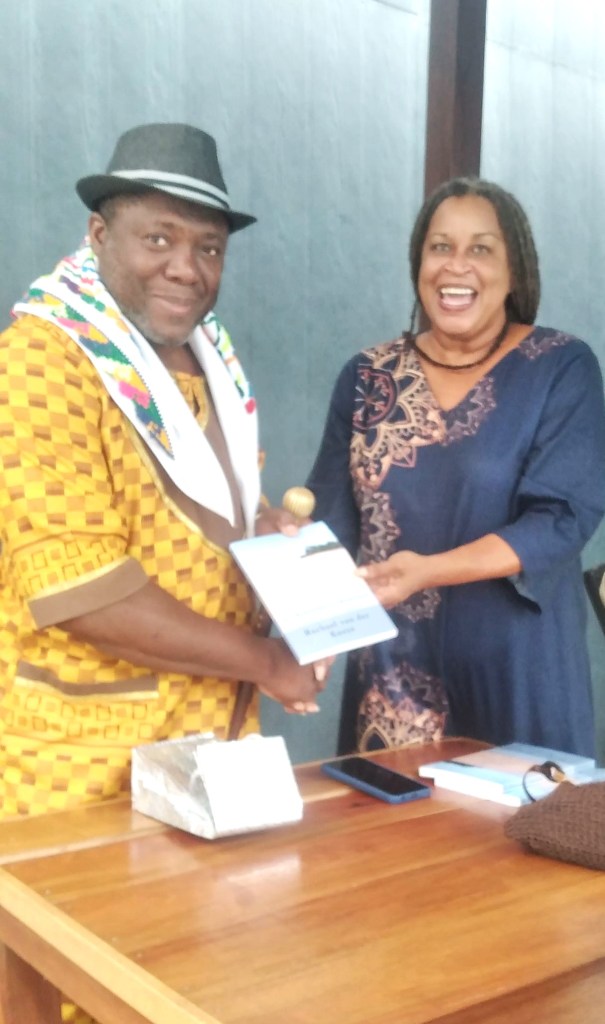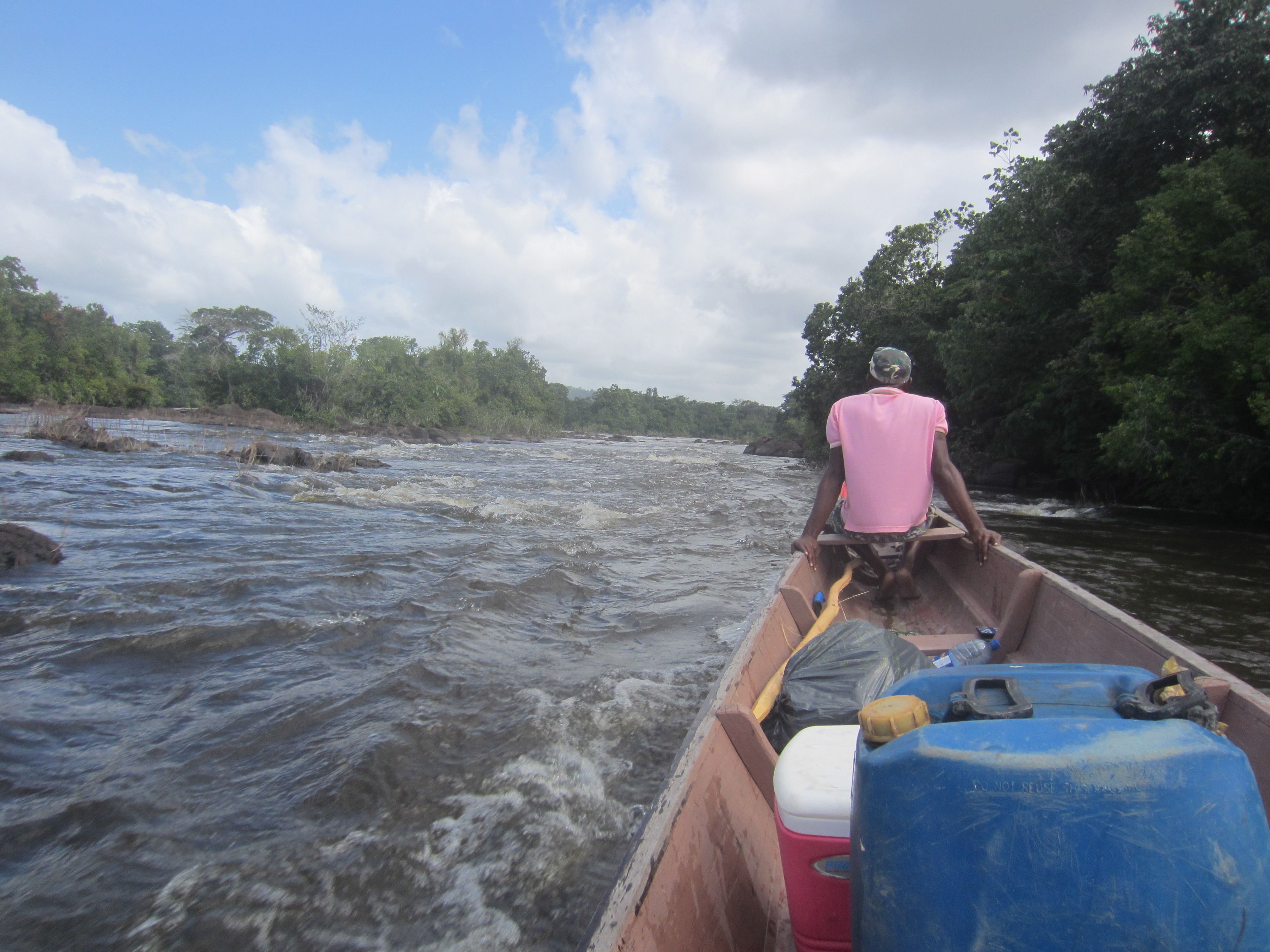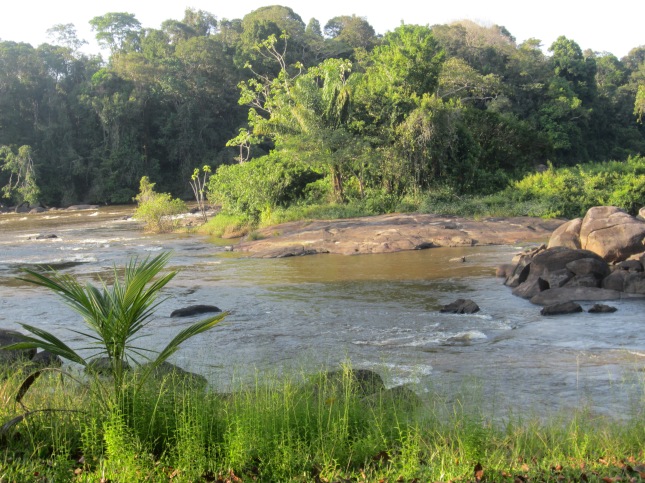In a small group of six friends, I went to the Royal Masia Resort at the Upper Suriname River to do preliminary research among the (Biblical) Israelites of the interior of Suriname and to enjoy the peace and nature in the pristine tropical rainforest. Not much can be said about the preliminary investigation, but about the journey and Royal Masia there is a lot to say.
The journey went via Atjoni, a mooring place for boats from the Upper Suriname habitat of the Saramacca tribe of the African-Surinamese. From there we continue our journey by boat to reach the villages and tourist resorts at the river. The Amazon rainforest stood out on both banks of the river. It resembles the “wilderness where according to Revelation 12:14 the Almighty hides his people from the persecution of the serpent. In Suriname, they fled behind the rapids because of persecution by evil and cruel Dutch slave drivers. In the forest, the villages are along the river. During slave times, the villagers did not live so close to the river, because they had to hide. Now there are 65 villages along the river between the rapids, in which boatmen skillfully maneuver the boat.
Read the rest of this entry »



